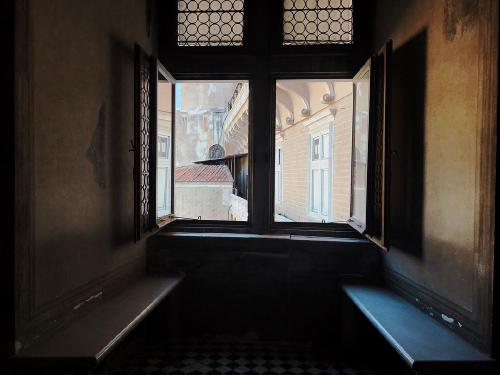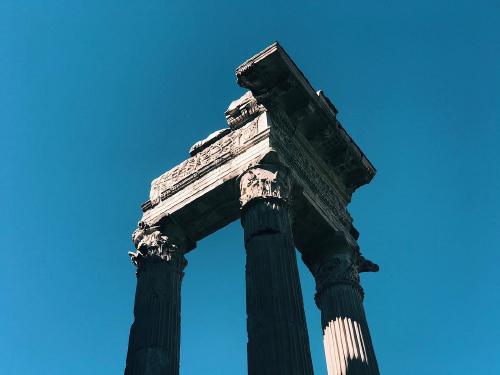Indirect election was also crucial to some of the Founders’ faith in the Senate’s ability to act in the public interest-and their decision to vest the Senate with particular powers, including the ‘sole Power’ to conduct impeachment trials. Consider Hamilton’s claim, in ‘Federalist No. 65,’ that only the Senate ‘would be likely to feel confidence enough in its own situation, to preserve, unawed and uninfluenced, the necessary impartiality between an individual accused, and the representatives of the people, his accusers.’ Specifically, he is asserting that unlike their House counterparts (the ‘accusers’ entrusted to render the equivalent of a presidential indictment), individual senators could be expected to issue fair judgments because their selection by fellow political professionals, for relatively long, six-year terms, insulated them from the vicissitudes and foibles of popular opinion.
— This Is Not the Senate the Framers Imagined, Jane Chong in The Atlantic


